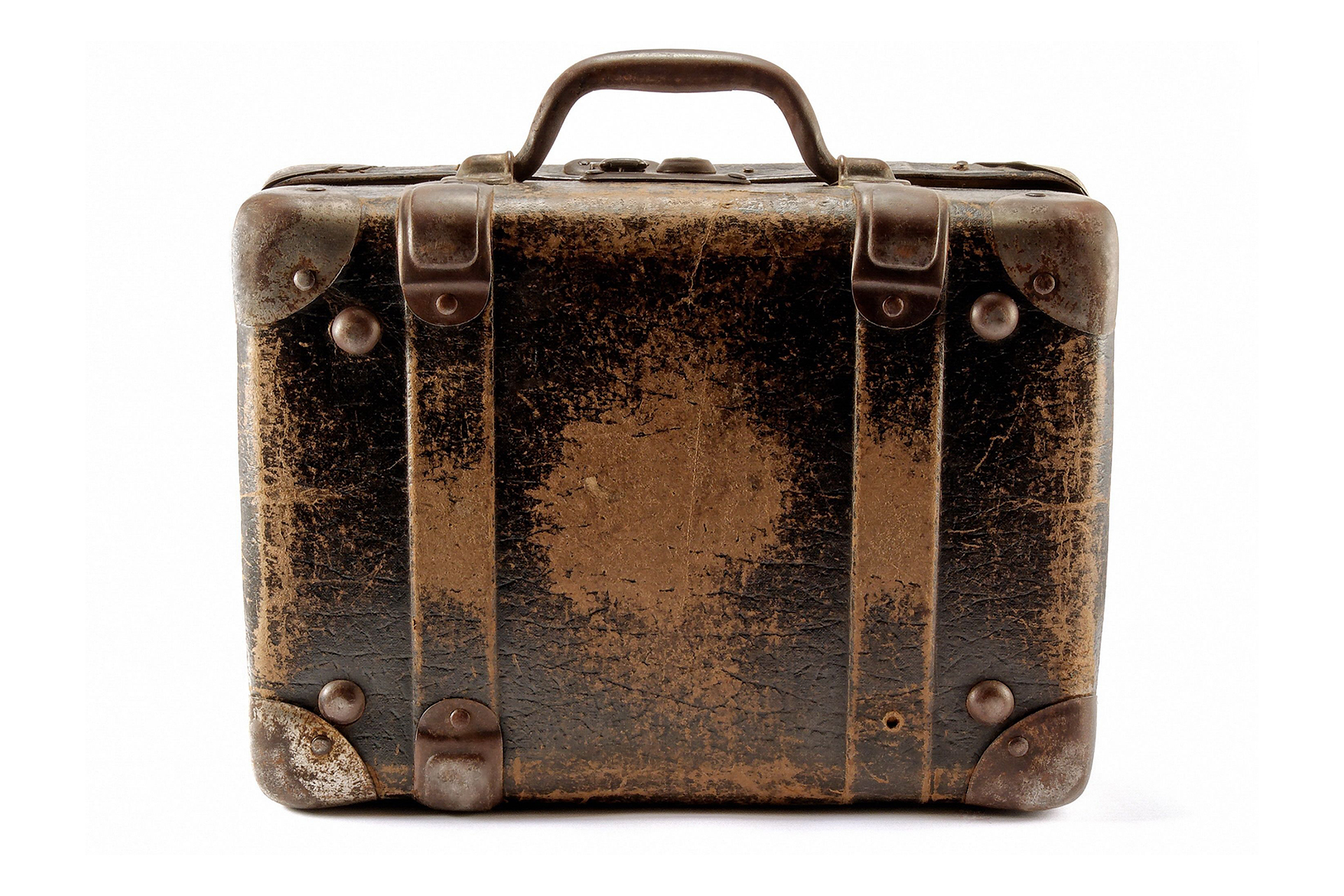
Arlington in 1910 Known as Home of Traveling Salesmen
This article appeared in a special edition of The Arlington Citizen-Journal published in February 1972, on the occasion of the 75th anniversary of the newspaper.
Arlington in the early 1900s had more traveling salesmen for its size than any other city of the nation. That’s the opinion of two former residents who grew up here in that time and whose fathers were traveling salesman.
“It seems to me, about half the population of 1,000 was made up of traveling men and their families when we moved here in 1905,” Miss Irene Booth, now living in McLean, Virginia, related in a recent visit here. “We moved here from Fort Worth because father was going to be traveling in his job, and was able to be home only on weekends. He wanted us in a smaller town and the schools and churches here have always had a reputation for being good,” Miss Booth said.
“It seemed to me that everyone who didn’t own a store or have some interest like that here in the early 1900s was a traveling salesman,” her sister, Mrs. Enid Francis of Washington, D.C. added. “We used to go to “Traveling Man’s Day” at the State Fair in Dallas, and about half the people there were from Arlington,” she recalled.
The Booth sisters explained that Dallas and Fort Worth were both rail centers, popular with “drummers” of those days, and with the Interurban running through Arlington into both Fort Worth and Dallas, it was an ideal situation for a traveling salesman to live here and be able to easily catch a train out of either Fort Worth or Dallas, as he chose.
Editors Note: In the nineteenth century, door-to-door salesmen began to be called “drummers.” In a horse-drawn wagon, the drummer visited village homes and outlying farmhouses in order to sell trinkets and necessities. The term “drummer” carries several different meanings. First, “drummers” carried trunks or “drums” full of merchandise. Secondly, the term might have come from the salesmen trying to “drum up” business or being persistent in their sales pitches (i.e. “beating a drum”). Today we would call them “sales reps.”
The sisters recalled further that when they first moved here, houses were difficult to find. Their father, John Booth, rented a former grocery store which had been converted into living quarters, from a Mrs. Carrie Rogers, who was a prominent citizen of Arlington in those days. Later he built a home on College Avenue. It was sold and converted to use as a Methodist Student Center in the 1950s. The present Wesley Foundation building is on that site.
John Booth represented the Brown Cracker and Candy Company out of Dallas. Other men they recall who were salesmen included: J. W. Hudson; Will Pulley; George Stricker; Alex Vaught; C. E. Harvey; and brothers Will, Walt and Horace Thornton; along with (surnames only) Finch, Porter, Atkins, and Sanders. “These are only a few. There must have been at least 125 salesmen living here with their families,” they said. A picture which they have in Washington shows a group of members of the Arlington Chapter of United Commercial Travelers, an early-day traveling salesmen’s organization. The Booth family consisted of two other children. Miss Viva Booth is now deceased and a brother, John Franklin (Jack) Booth, lives in Fort Worth.
Other early-day memories the sisters have include: Riding the Interurban on Saturday afternoons to Fort Worth to see the movies and the vaudeville shows at the old Majestic Theatre; Going on family camping trips to the Arlington Swimming Hole on Village Creek where the fishing was also good; Arlington’s good artesian water from a water system operated by a Mr. Miller, who had about 600 customers; The Arlington Band playing for a July 4 picnic in the Thomas pasture, north of town; and walking along a rattling board walk next to the Hutcheson Hotel, which was at Main and Center Streets.
“We had an identification problem back in those days. When we said we were from Arlington, folks would ask where it was and we would tell them between Dallas and Fort Worth. I remember once I got so tired of saying that, I was determined to tell the next person that Arlington was halfway between Grapevine and Mansfield,” Miss Booth said.
The visitors said the “traveling salesman image” remained with Arlington for only about one generation, as they recall. Changing sales methods gradually broke up the pattern here, but many of the descendants of the salesmen still live in Arlington today.
